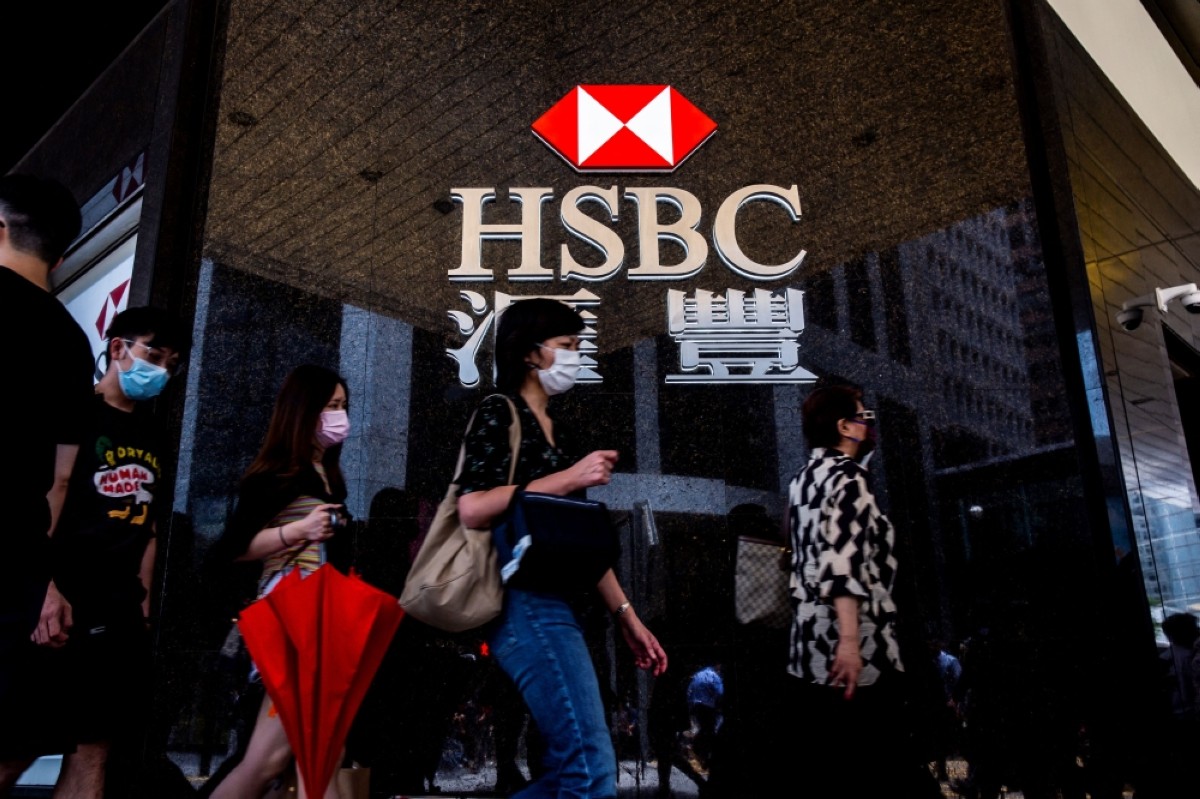Germany’s jobless rate inches up in June as recession bites
FRANKFURT: Unemployment unexpectedly rose in Germany in June, official data showed Friday, in the latest sign of weakness in Europe’s biggest economy.

PARIS: President of the European Central Bank Christine Lagarde arrives for an official dinner at the Elysee Palace, on the sidelines of the New Global Financial Pact Summit, in Paris in this June 22, 2023 file photo. –AFP.
The joblessness rate inched up to 5.7 percent after staying stable at 5.6 percent since March, seasonally adjusted figures from the BA federal labor agency showed. Analysts surveyed by FactSet had expected the rate to remain unchanged. Germany was “feeling the effects of the more difficult economic conditions on the labor market,” said BA chief Andrea Nahles in a statement.
In absolute terms, less representative of underlying trends but more closely followed in public debate, the number of people out of work climbed by around 11,000 month-on-month, to 2.55 million. Even without taking into account the arrival of job-seeking Ukrainian refugees, Germany’s unemployment rate would have risen this month, the agency added. Germany fell into a technical recession at the start of the year, following two consecutive quarters of contraction, as inflation fuelled by surging energy costs and higher interest rates took their toll.
Consumers have continued to rein in their spending in recent months, while demand for corporate and household lending has plunged as the European Central Bank’s rate hikes make borrowing more expensive. Leading economic institutes now expect the German economy to shrink by 0.2 to 0.4 percent in 2023. As a result of the gloomier outlook in Europe’s industrial powerhouse, “many employers are looking a little less desperately for skilled workers”, said KfW chief economist Fritzi Koehler-Geib. Should job security become a growing concern for workers, it could take some of the pressure off wage demands, said ING bank economist Carsten Brzeski.
ECB officials have repeatedly expressed concern about higher wages driving inflation, as workers in many countries push for pay hikes to compensate for the increased cost of living. “A slight weakening of the labor market… could help dampen wage pressures,” Brzeski told AFP. Meanwhile, eurozone inflation eased further in June as energy costs slid but those of food and drinks remained elevated as underlying price pressures persist, official data showed Friday. Since consumer prices remain above the European Central Bank’s two-percent target, and core inflation rebounded slightly, analysts expect no let-up in interest rate hikes.
Inflation soared worldwide after Russia’s invasion of Ukraine led to spiraling energy and food costs. In response, the ECB raised rates at their fastest pace over the past year to cool inflation. Consumer prices rose by 5.5 percent in June, down from 6.1 percent in May, according to the European Union’s Eurostat agency. The drop was slightly better than a forecast of 5.6 percent given by analysts surveyed by Bloomberg, and much lower than the peak of 10.6 percent in October. But core inflation—which excludes volatile energy, food, alcohol and tobacco prices—remains stubbornly high.
It rose to 5.4 percent in June from 5.3 percent in May. That figure is the key signal for the ECB, whose chief, Christine Lagarde, pledged this week yet another rate hike in July. “There is nothing in this release that would deter the ECB from raising interest rates by another 25bp (basis points) at the meeting in July,” said Jack Allen-Reynolds, deputy chief eurozone economist at Capital Economics. He added that “there is good chance of another hike” in September. “The ECB thinks it is more costly to do too little in terms of hikes than to do too much, which means that we expect the ECB to continue hiking in July and September,” agreed Bert Colijn, senior eurozone economist at ING.
Food, alcohol and tobacco prices rose by 11.7 percent in June compared with 12.5 percent in May, according to Eurostat. The agency said energy inflation in the eurozone dipped further into negative territory in May, falling by 5.6 percent in June after recording a drop of 1.8 percent in May. Inflation data this week offered a mixed picture, but also allowed some to make predictions that high consumer prices had not become so entrenched in Europe. But Lagarde this week warned inflation was proving “persistent”. “This persistence is caused by the fact that inflation is working its way through the economy in phases,” she said. — AFP.











